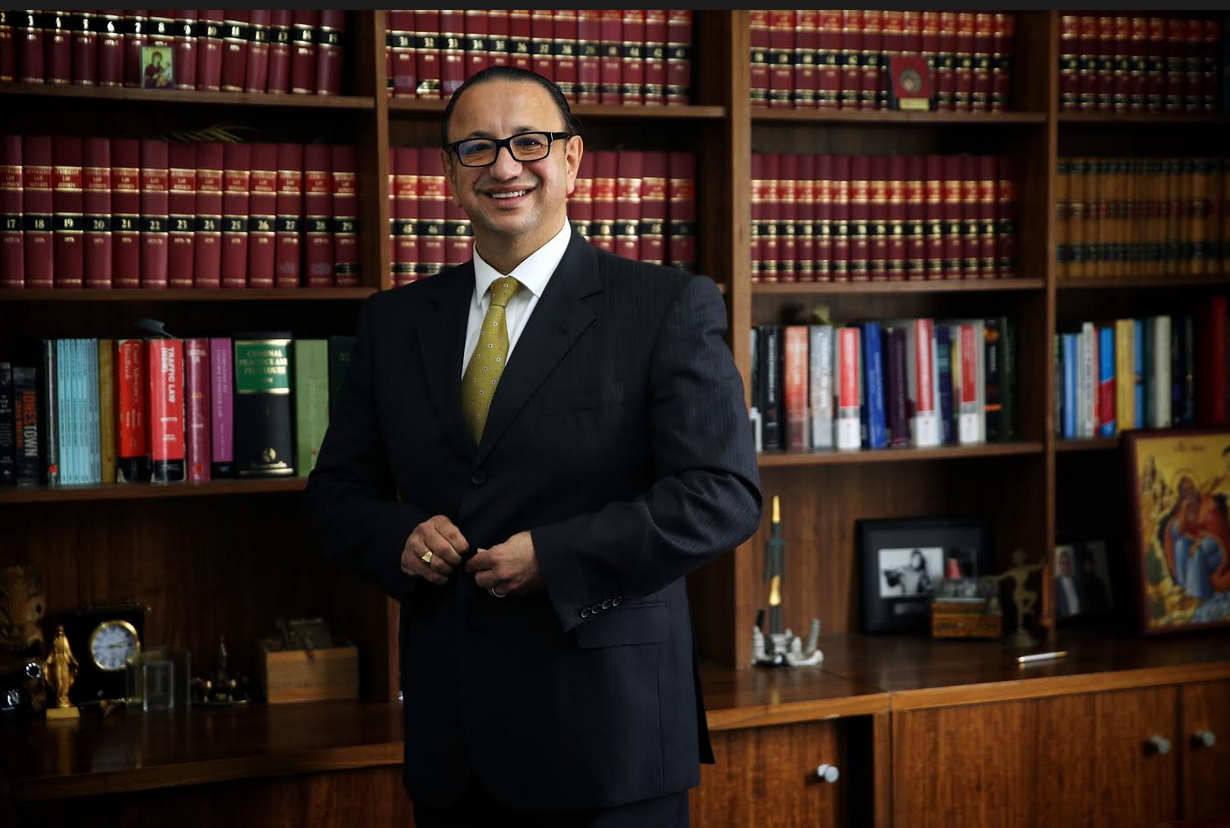KNOW YOUR RIGHTS IT’S TIME TO MAINTAIN YOUR RIGHT TO SILENCE
- Written by News Company

Leading Sydney criminal solicitor Elias Tabchouri, principal lawyer at Macquarie Law Group, says too much confusion over police powers often leads to circumstances where individuals don’t know their legal rights - and it’s leading to adverse outcomes.
Mr Tabchouri, a lawyer of 25 years, has today shared his advice for people who have been stopped and interrogated by the police while driving.
Tabchouri says that young drivers are often overwhelmed and feel pressured to offer excessive information when pulled over by police, and feel the need to comply with any police request, which they have the right to refuse.
“If police pull you over and want to ask you a question, you should say, ‘I don’t want to answer your questions’.”
“What you must do is give them your licence, you give them your name, and your address, and that is it. Nothing more. You should then shut up. Say nothing. Keep your mouth closed. Passengers of the vehicle do not have to provide any identification to police unless they are suspected on reasonable grounds of committing an offence.
“They might ask you, ‘Can we search your car?’ You should not give them permission to search your car. The only time police can search your car is if they have a reasonable suspicion that you have committed a crime or when you let them,” he said.
Mr Tabchouri stressed the need for drivers to not let any officer force them to reveal information that they do not need to give without a lawyer present.
“Let the police tell you why they are searching the motor vehicle. Otherwise, you are giving them the right to search that car, without any option to challenge it later. Let them tell you what you’ve done wrong, because once you raise that objection, it allows for a legal defence in court.
“If there are a number of people in the vehicle, it might not be clear who owns whatever is found, whether it be an illegal item, drugs or otherwise.
“You must maintain your right to silence. Never admit to anything. Never answer any questions. Understand, these are your legal rights. Preserve them, enforce them,” he said. The right to silence extends to, and is more important if you have been arrested.
“In the vast majority of circumstances, you have the right to silence and should exercise it. There are certain limited and complex situations where the right to silence is tested, and you are compelled to answer a police officers questions. If you are in a situation where you have been informed that you do not have a right to silence, it is paramount that you seek legal advice before answering any questions. Police must accommodate that request.”
For further information, visit https://macqlaw.com.au







